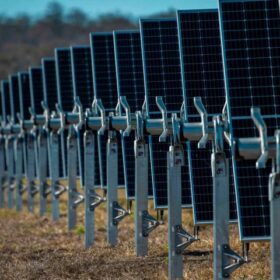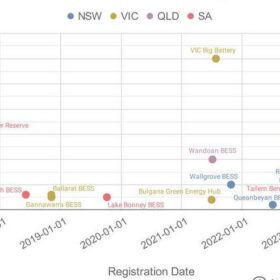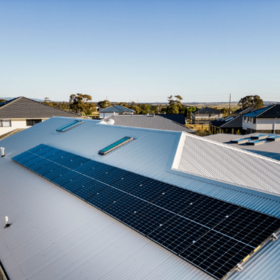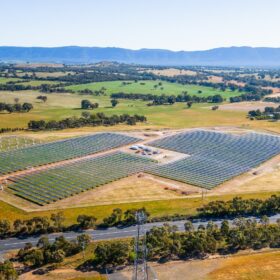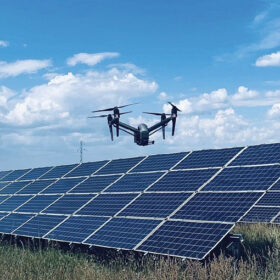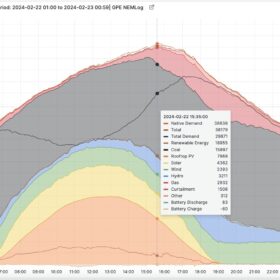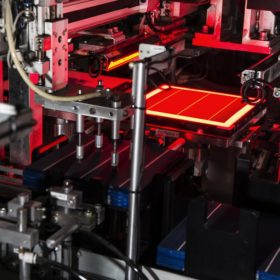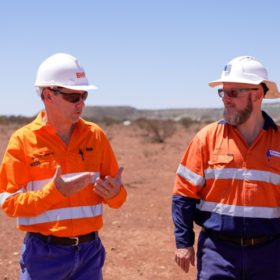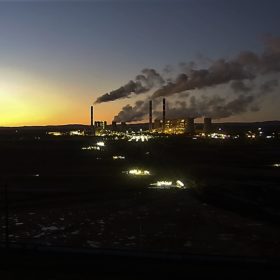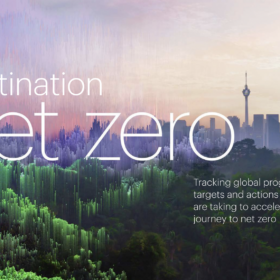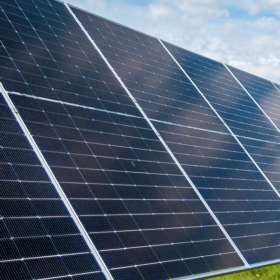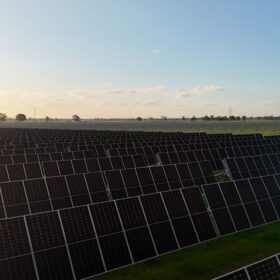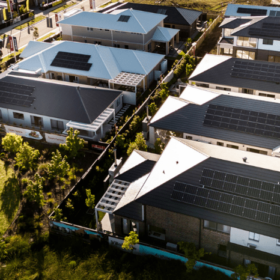Green hydrogen and ultra-low cost solar key to Australia’s superpower vision
Australian Renewable Energy Agency Chief Executive Officer Darren Miller sheds light on the agency’s role in helping to deliver the renewable energy superpower vision – emphasising the critical role of green hydrogen and ultra-low cost solar.
State-of-charge: a peek into economics and performances within NEM’s battery fleet
2023 was the year of the big battery in the National Electricity Market. The year started with 10 batteries registered in the market and ended with a doubling to 20, with no signs of a slowdown.
Fixing National Electricity Market for renewable energy future
Rooftop solar is Australia’s cheapest source of electricity. The consumer can get electricity from rooftop solar at less than a fifth of the average cost per kWh of buying it from a retailer.
Unlocking the green vault: Superannuation funds could be missing link in renewable energy progress
In recent weeks, the call from Climate Change and Energy Minister Chris Bowen to expedite planning decisions and approvals for new energy projects resonates as a crucial step towards Australia’s clean energy future. However, as we navigate through the challenges of meeting renewable energy targets, it is evident that more needs to be done.
Shining a light on module quality
With solar panel prices tumbling, project developers will need to be vigilant about quality. Comprehensive product testing could be a vital safeguard as PV manufacturers struggle to retain their margins, according to Everoze’s Martin Laing and Gauthier Dambrine.
Record-breaking native demand for Australia’s NEM and Victoria
Thursday, Feb. 22 marked another day in Australia’s energy records, along the Eastern seaboard. The hot and sunny conditions led to notable maximums in energy demand and supply.
A cell maker’s survival guide
With solar production capacity expansion plans paused, bigger cell makers will weather the storm through a revised approach to new panel technologies. InfoLink’s Alan Tu says that low profits could also drive innovation and cost savings, pushing the industry to new heights.
‘Environmentally friendly’ nickel value proposition presents lifeline
Australian nickel producers have an advantage over low-cost rivals in that production in the country is considerably more environmentally friendly than in neighbouring Indonesia. Nickel miners in Australia are currently facing low prices and fierce competition. Rob Nathan from Australian Tenders argues that sustainable nickel will be vital for the energy transition and is worthy of governmental support.
A major blackout left 500,000 Victorian homes without power – but it shows our energy system is resilient
Half a million homes and businesses in Victoria were left without power late on Tuesday following a major power outage. While investigations are underway as to what worked well and what fell short of expectations, Roger Dargaville, the
director of the Monash Energy Institute at Monash University, says that the event demonstrated system strength.
Adopting decarbonisation levers to achieve net zero
With 2023, the hottest year on record, behind us, the COP28 global assembly addressing climate change took place in Dubai. Faced with a sobering reality that a proportion of the world’s net zero targets are progressing at a glacial pace, world leaders discussed how to accelerate our collective actions to mitigate climate change.
